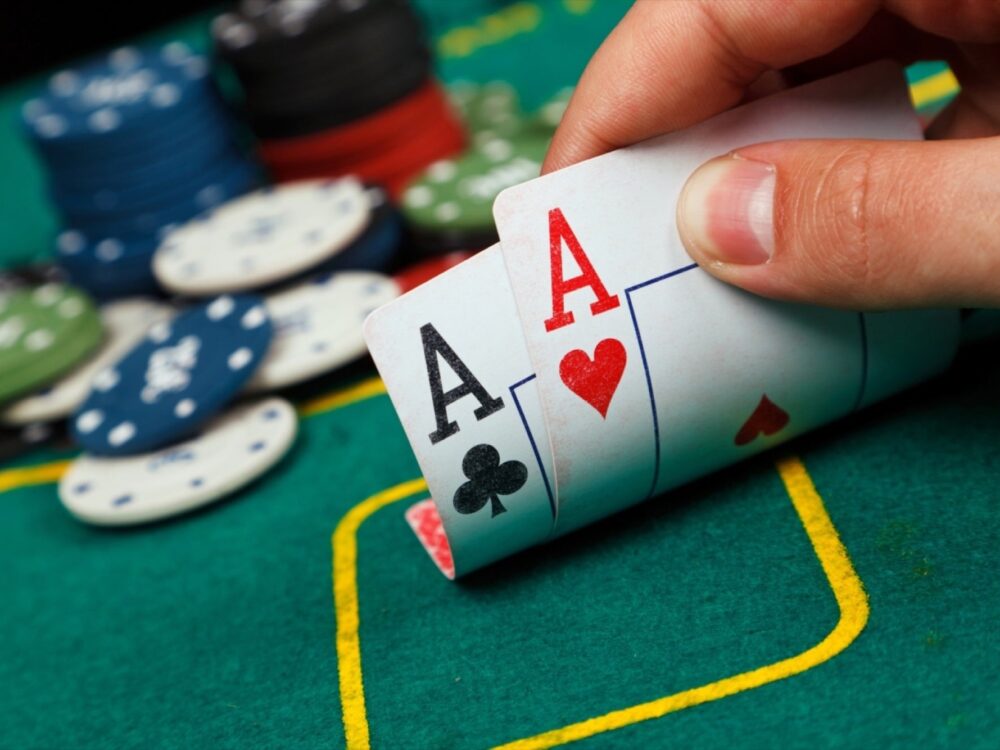Gambling, a blend of risk, strategy, and chance, often brings us to a crossroads of decision-making. Do we follow calculated strategies, or do we listen to that inner voice nudging us towards a seemingly irrational choice?
This article aims to explore the role of instincts in gambling and whether trusting your gut is a sound strategy.
The Psychology of Gambling Instincts

When we talk about instincts in gambling, particularly in the realm of online casino slots, we’re referring to that immediate, gut-driven response that often guides our actions.
These instincts are a fascinating blend of intuition and emotional response, playing a significant role in how we interact with the digital spin of the reels.
In online slots, where outcomes are determined by random number generators, our instincts might compel us to choose one game over another or to continue playing a specific slot machine, believing it’s ‘due’ for a win.
This belief, often rooted in the gambler’s fallacy, highlights how our instincts can sometimes lead us astray, especially in an environment designed around chance and probability.
The Pros of Trusting Your Instincts

There are tales aplenty of gamblers who’ve hit jackpots by following their instincts. These stories not only romanticize the idea of trusting your gut but also highlight the benefits of swift, intuitive decision-making.
Instincts, when aligned with a well-thought-out strategy, can sometimes lead to remarkable outcomes. They can offer a fresh perspective, especially in games where unpredictability is a significant factor.
The Cons of Trusting Your Instincts
Relying solely on instincts can be a slippery slope. Impulsive decisions, often driven by heightened emotions, can lead to significant losses.
Cognitive biases like the gambler’s fallacy can skew our perception of odds and probabilities. It’s crucial to recognize that instincts, while powerful, are not infallible and can be influenced by a range of psychological biases.
Striking a Balance: Integrating Instincts with Strategy

The key lies in finding a balance. Combining data-driven strategies with intuitive play can create a more rounded approach to gambling.
Techniques like mindful gambling, where one is fully aware of their instincts and consciously decides when to follow them, can be beneficial.
We see successful gamblers who’ve mastered this art, using their intuition as a guide but not as the sole driver of their decisions.
The Science Behind Gambling Instincts
Neurologically, our instincts in gambling are akin to responses in other high-stakes decision-making scenarios. Research shows that experience and expertise can refine our instincts, making them more reliable over time.
However, it’s important to remember that these instincts are still subject to the same fallacies and biases that affect any high-risk decision-making process.
Conclusion
While the allure of trusting your gut in gambling is strong, it’s essential to approach this strategy with caution and awareness.
The nuanced nature of gambling instincts requires a balanced approach, integrating intuition with solid strategy. As gamblers, it’s crucial to continually evaluate and refine our approach, ensuring that our instincts are informed, not impulsive.













